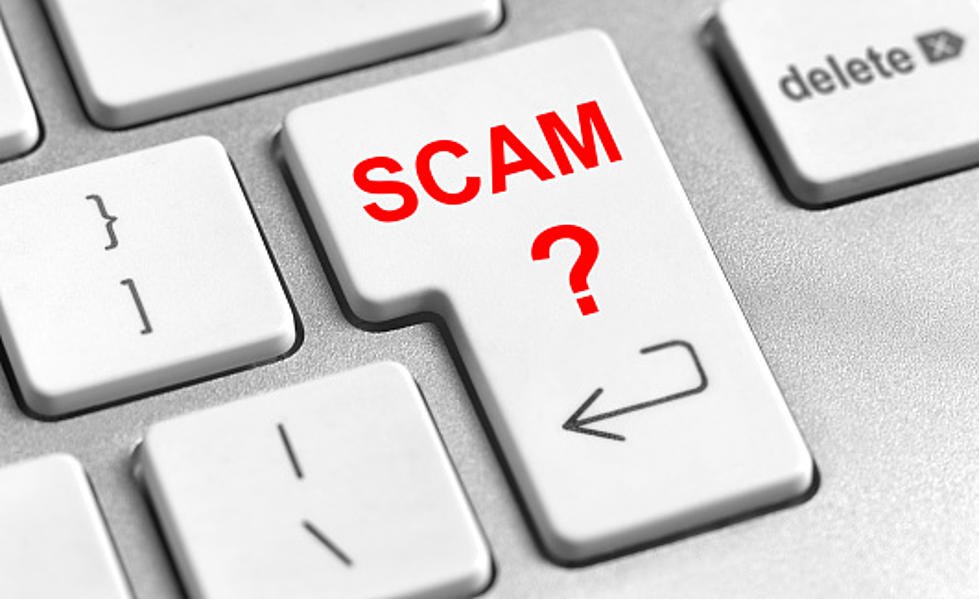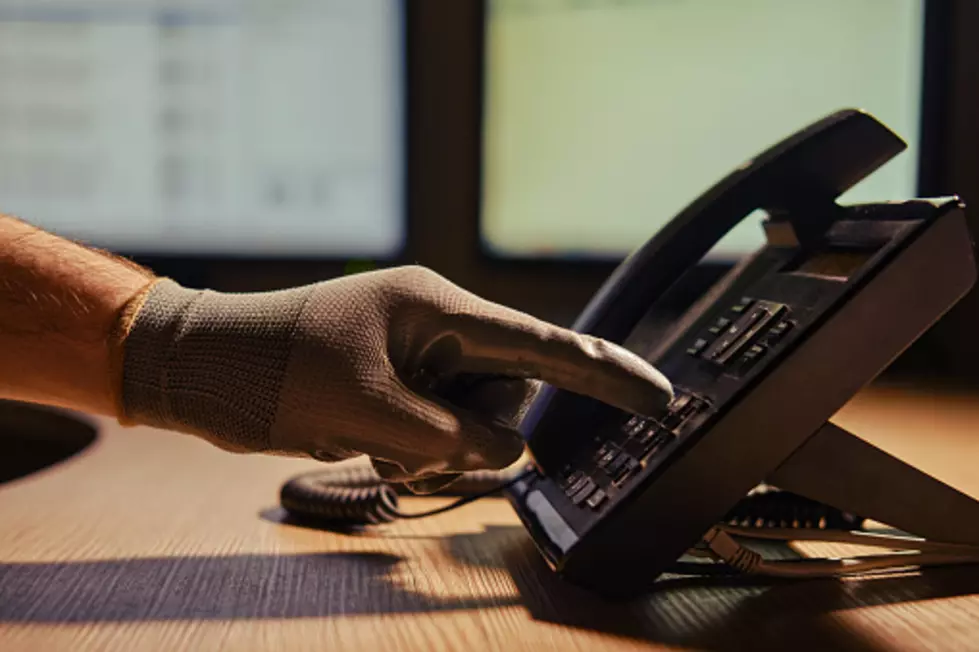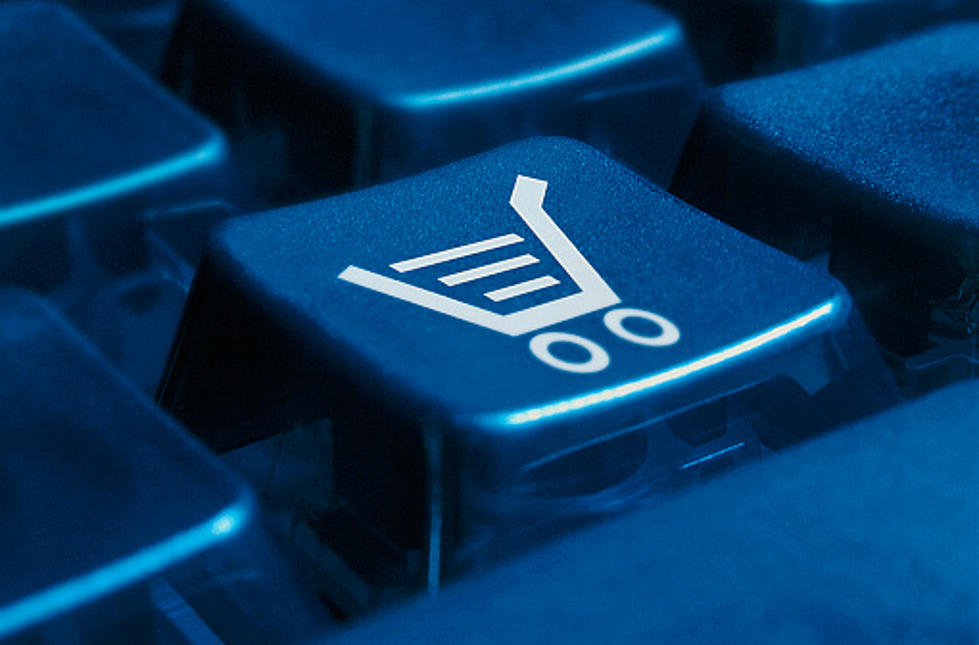
BBB Report Shows Big Surge In Online Purchase Scams
Online purchase scams were a problem before the pandemic, when we could shop anywhere we chose. Now, with many relegated to online shopping only, it's gotten worse.
Dennis Horton, Director of the Rockford Regional Office of the Better Business Bureau (BBB), just sent me the results of a BBB study called The Online Purchase Scams Report 2020. With less than 60 shopping days left in the holiday season, the BBB's report is urging extreme caution for those doing online shopping.
The report also shows how much more scamming is going on in the online world, especially when you compare it to just five years ago.
The new report reveals in 2020, 80.5 percent of consumers reporting online purchase scams lost money, up from 24.3 percent in 2019 and a steady increase of 71.2 percent since 2015. In 2015, online purchase scams comprised just 13 percent of scams with a monetary loss. Here in 2020, they're up to 64 percent. For three years in a row, online purchase scams have ranked in the top three riskiest scams targeting consumers, according to the BBB.
BBB's Dennis Horton:
This year, the COVID-19 pandemic has forced people to social distance and increase their online presence, putting them at further risk of being targeted by these types of scams. We urge consumers to always check out businesses with BBB.org or other independent sources before you send money. Many of these scammers can set up and steal images to make a great looking fake website complete with testimonials in very little time.
I consider myself extremely lucky in that I've never (that I know of) been the victim of an online purchase scam. However, in looking at the BBB's numbers it appears that "luck" is pretty much the only reason.
Here's how some of these scams work, according to the BBB report:
Online purchase scams involve the purchase of products and/or services from a website or other online means (pop-up ads, social media posts, etc.). Scammers use online technology to offer attractive deals, but once the payment is made the product or service is not delivered. In another version, fraudsters pretend to purchase an item by sending a fake check and then asking for a refund of the "accidental" overpayment; by the time the victim realizes the check is bad, they’ve already sent the funds from their account.
And those are just a couple of the ways that scammers are attempting to reach into your wallet. Click here to read the BBB report along with a tip sheet on how to keep this kind of thing from happening to you and yours.
KEEP READING: These are the top 6 scams connected to the pandemic
More From Rockford's New Country Q98.5









